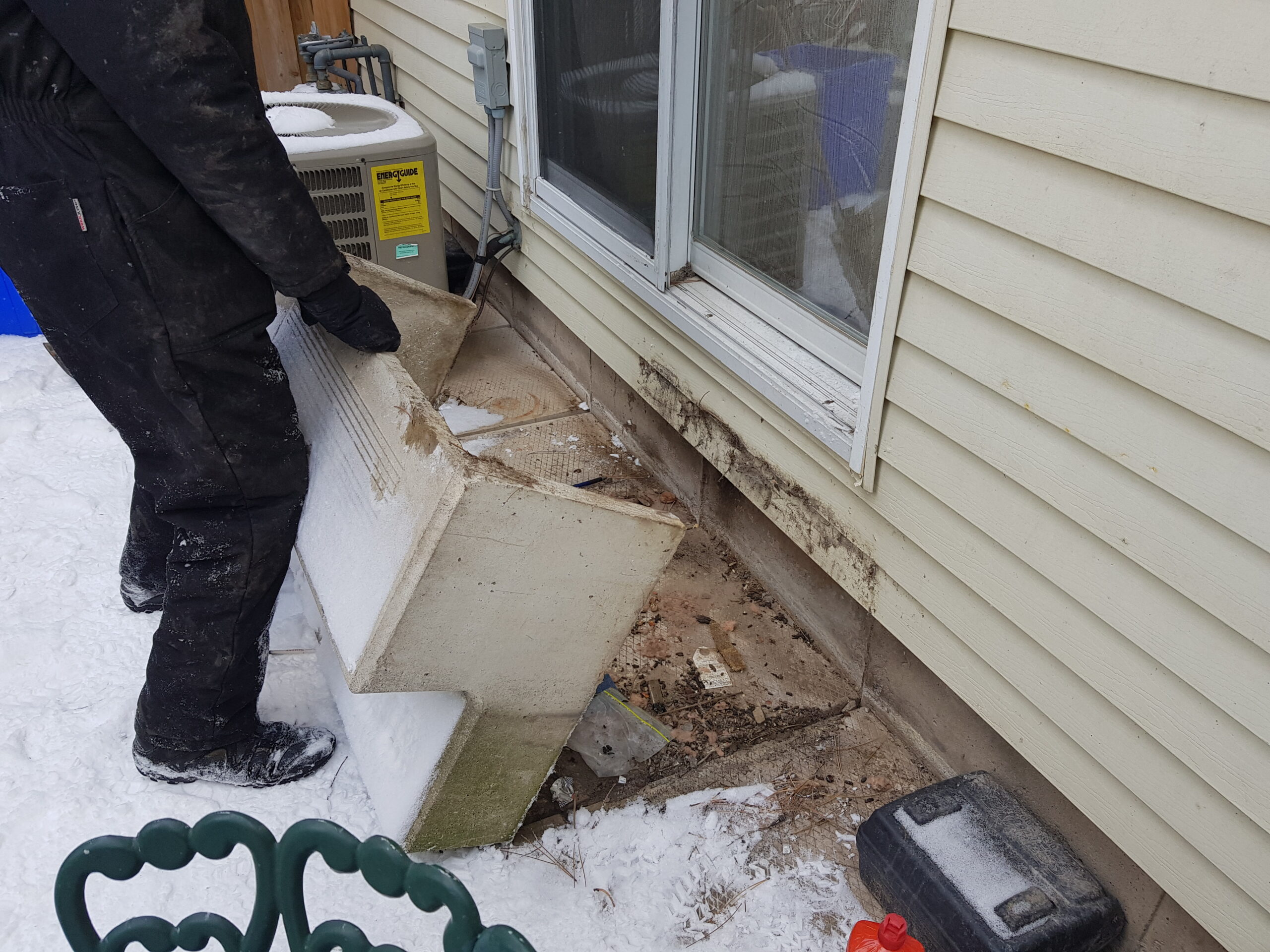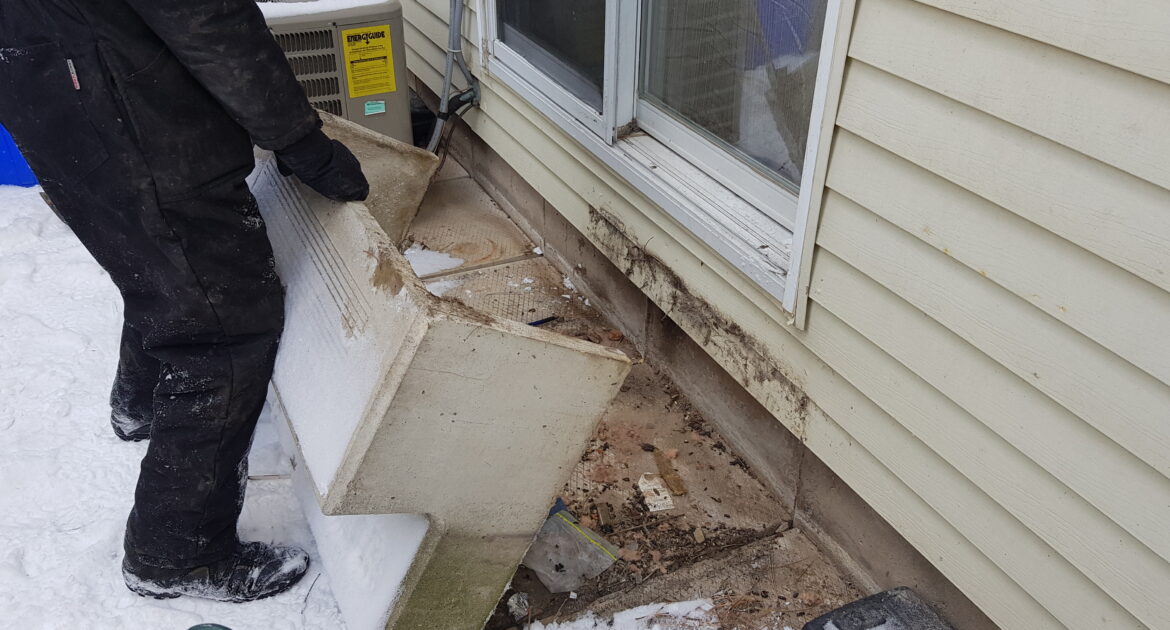Because most mice are active at night, you may think that it would be difficult to spot an infestation. However, there are various signs of an infestation that can indicate if mice are living in your home. With wildlife control in Vaughan, you can be confident that your infestation can be eliminated and prevented from recurring.
Where Do Mice Usually Hide?
Mice typically enter a house through various cracks, holes or small spaces under garage doors. Due to their flexible shape, they’re experts at entering through extremely small openings, even those as small as a dime. Once inside, mice begin building their nests out of soft materials such as cotton, insulation or cardboard boxes. Because they thrive in areas that are close to a food supply and have good airflow, mice tend to build their nests in:
- Basements
- Crawl spaces
- Attics
- Air ducts
- Cabinets
- Closets
Once mice have nested, they mainly snack on grains and seeds and store other food for future use. Mice are nocturnal, which means they stay in their nests during the day but emerge at night to wreak havoc on your home by chewing through food packaging, shredding material to add to their nest or tunneling through your insulation to create easy access to other parts of your home.
What Are Common Signs of an Infestation?
Mice are very active creatures and often leave behind signs that they’ve been in a particular area. Some of the most obvious clues of an infestation are urine and droppings. Considering that the average house mice can generate 50 to 75 droppings a day, it’s no wonder that homeowners find them all throughout their house, from cupboards to kitchen pantries. Mouse droppings appear as small black pellets with pointed ends, while the urine has a strong smell similar to ammonia and often leaves behind stains.
Hearing scratching, scurrying or chewing sounds at night is another clear sign of a mouse infestation. These sounds typically come from inside walls or ceilings. If you’re unsure, you can tap on the wall or ceiling where the noise is coming from. If the sound briefly stops but resumes soon after, this can be a sign that mice are living in the area.
Gnawing noises arise from mice chewing through various materials. This is partly to gain access to food or shelter and also because rodent teeth never stop growing. They must continually chew to keep their teeth filed down, or else the teeth would become so long that they would no longer be able to eat. Therefore, hearing the sounds of gnawing at night is a characteristic sign of a mice infestation.
What Do You Do If You Suspect an Infestation?
If you believe that your home is infested with mice, call Skedaddle for guaranteed mice removal and prevention. We offer rodent control services in Vaughan, giving you the confidence that we can thoroughly address your problem and leave your house looking brand new.
Although some homeowners may try to get rid of mice on their own, this may actually do more harm than good. Mice are extremely clever and resourceful, often outsmarting the average human and devising new ways to make themselves at home on your property. Not only can mice reproduce quickly, but they can easily learn to avoid traps. While you may believe that you’ve eliminated the last of the critters in your home, it may just be that those remaining have learned to stay away from your traps.
This is why it’s so important to consult a skilled professional to tackle this issue rather than address it on your own. Contact Skedaddle today to learn more about our mice removal solutions.




